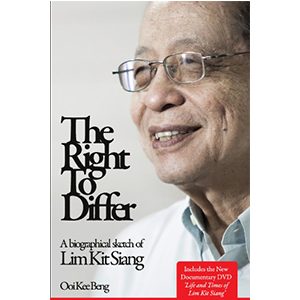Plague Fighter: The Autobiography Of A Modern Chinese Physician
Known as the Plague Fighter and the man who beat the Black Death, Dr. Wu Lien-Teh (18791960) laid the foundations of the modern medical service in China. The son of a Taishan migrant from China, he was born in Penang and attended the Penang Free School. Winning a Queens scholarship, he became the first medical student of Chinese descent to be educated at Cambridge, where he graduated from Emmanuel College with string of prizes. Returning to Malaya, he undertook research into the debilitating beriberi disease and engaged in social reforms, founding the Anti-Opium Society.
It was in northern China that he cemented his global fame, working to curtail the spread of Manchurian Plague which claimed over 60,000 lives in 1910-1911. He became the first president of the Chinese Medical Association and served as physician extraordinary to successive presidents of China. He established some twenty medical institutions in China including Harbin Medical College, Peking Central Hospital and the National Quarantine Service, Shanghai. He co-authored the acclaimed History of Chinese Medicine (1932) and was nominated for the Nobel Prize in 1935. He spent his later life in his native Malaya first in Ipoh, and then in Penang and his death made headlines around the world. First published in 1959, this edition of Wu Lien-Tehs autobiography, reprinted for the Dr. Wu Lien-Teh Society, Penang, will acquaint a new generation of readers with this great mans life and work.
RM80.00
Out of stock
Description
Known as the Plague Fighter and the man who beat the Black Death, Dr. Wu Lien-Teh (18791960) laid the foundations of the modern medical service in China. The son of a Taishan migrant from China, he was born in Penang and attended the Penang Free School. Winning a Queens scholarship, he became the first medical student of Chinese descent to be educated at Cambridge, where he graduated from Emmanuel College with string of prizes. Returning to Malaya, he undertook research into the debilitating beriberi disease and engaged in social reforms, founding the Anti-Opium Society.
It was in northern China that he cemented his global fame, working to curtail the spread of Manchurian Plague which claimed over 60,000 lives in 1910-1911. He became the first president of the Chinese Medical Association and served as physician extraordinary to successive presidents of China. He established some twenty medical institutions in China including Harbin Medical College, Peking Central Hospital and the National Quarantine Service, Shanghai. He co-authored the acclaimed History of Chinese Medicine (1932) and was nominated for the Nobel Prize in 1935. He spent his later life in his native Malaya first in Ipoh, and then in Penang and his death made headlines around the world. First published in 1959, this edition of Wu Lien-Tehs autobiography, reprinted for the Dr. Wu Lien-Teh Society, Penang, will acquaint a new generation of readers with this great mans life and work.
Publisher: Areca Books
Hardback
2014
ISBN: 9789675719141







